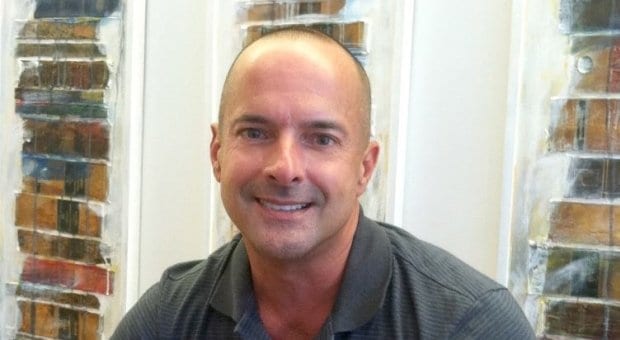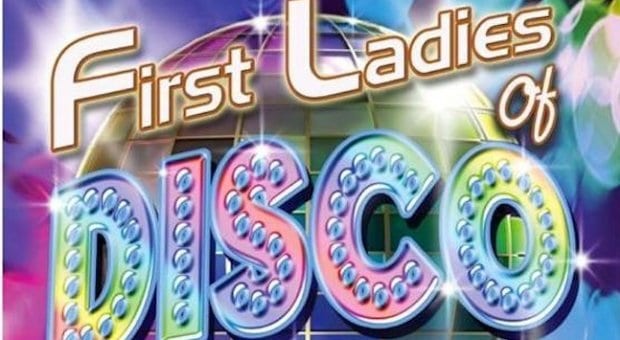Gay audiences had torrid love affairs with disco divas well before the mainstream even heard the first strains of Donna Summer’s crossover smash hit “Love to Love You Baby,” which peaked at number two on the Billboard Hot 100 in 1975.
But according to James Arena, author of the just-published book First Ladies of Disco, the genre’s gay core fan base is very much a North American phenomenon, closely tied to that era’s gay liberation movement.
“The women I interviewed in my book told me that gay audiences don’t dominate their shows in Europe,” Arena says. “Their audience base in Europe is broader and more diverse than it is here in North America.”
Which is also why — with the arrival of HIV — the homophobic “disco sucks” backlash destroyed many careers on this side of the pond. Disco, mainstream America made very clear, is cocksucker music.
But in First Ladies of Disco, all 32 singers that Arena interviewed – including Martha Wash, Anita Ward, Gloria Gaynor, Carol Douglas and Evelyn “Champagne” King — embrace their gay fans.
“I think as gay people we are drawn to uplifting music with a lot of energy, and disco certainly makes you feel happy,” Arena explains. “When these artists sang their songs in the late 1970s and early ’80s, they became aware the gay community was supporting them and could make or break them in the United States. When their records came out, they were distributed to underground gay discos to see if the song would be a hit there. If the gay population didn’t like it, it probably wasn’t going to go anywhere.”
Arena originally intended his book to be a biography of the late pornstar Andrea True, who hit the big time with her 1976 hit “More More More.” “But after I reached her in 2011, she passed away, and that was a turning point for me: I felt it was time to document the history of these women while they’re still here. Frankly, I was amazed that a book like this hadn’t been done before. I couldn’t find one anywhere. So I said, ‘I’m going to do it.’”
The 32 women in Arena’s book have much in common. “They have been through a lot of ups and downs and through it all remained very optimistic. They also have a great deal of loyalty to their fans. Every single one of them told me how much their fans mean to them and how moved they are that people still care for them.”
The book also features chapters on The Ritchie Family and Yvonne Elliman, but, Arena admits, “It was a real coup to get Madleen Kane because she hasn’t done an interview in over 30 years. And it was an honour that Gloria Gaynor wrote the foreword to my book.”
Canadian disco star Claudja Barry also wrote a foreword for First Ladies of Disco, and Harry Wayne Casey (aka KC of The Sunshine Band) wrote the afterword.
Some singers from the era flat-out refused to be interviewed for Arena’s book because of its title. “They felt they did not want to be classified as disco artists,” Arena says, adding quickly, “and I won’t tell you who they are because I don’t think they were hostile.
“I also didn’t get to interview Andrea True because she passed away, as did Loleatta Holloway and Donna Summer. There is no denying the women in this book were eclipsed by Summer, who had amazing talent, charisma and that amazing voice. She really was the queen of disco. But the women in this book were more than one-hit wonders and deserve to be treated in the same light as Donna.”
(Read Donna Summer’s final interview with Xtra here.)
Arena says a sequel, called The Original Legends of Disco — with chapters on The Trammps, George McCrae and Montreal singer France Joli — will be published in 2014, but for now he is thrilled with the positive critical reception to First Ladies of Disco.
“The singers in this book all embrace disco and are proud of the work they did,” Arena says. “Dance music today is essentially disco, so we owe a lot to these women.”
First Ladies of Disco
James Arena
McFarland
$35
Carole Douglas — featured in First Ladies of Disco — headlines the Disco Montreal party at the Roxbury nightclub
1432 Crescent St
Sun, Sept 1
discomontreal.com



 Why you can trust Xtra
Why you can trust Xtra


